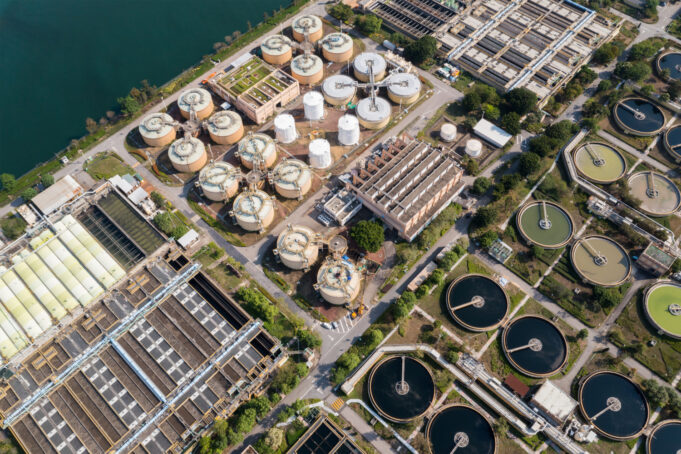Desalination, a critical solution for water scarcity, is under intense scrutiny for its energy consumption. To optimize efficiency and minimize environmental impact, a powerful tool known as exergetic analysis has emerged in the latest research. Let’s do a deep dive into the concept of exergetic efficiency in thermal desalination technologies, exploring its significance and applications for water treatment.
Understanding Exergetic Efficiency
Exergetic efficiency, unlike traditional energy efficiency, considers not only the quantity of energy but also its quality. It measures how effectively a system converts available energy into useful work. In the context of desalination, exergetic efficiency gauges how well a process transforms thermal energy into the production of fresh water.
Key Findings from the Research
The study in Water offers valuable insights into the application of exergetic analysis to thermal desalination technologies. Here are some key takeaways:
- Comparison of approaches: The researchers compared two methods for analyzing the energy efficiency of these technologies: the input-output method and the consumed-produced method.
- Performance evaluation: They calculated the exergetic efficiency of three different thermal desalination processes: MED-TVC, MSF, and DCMD.
- Results: The consumed-produced method was found to be a better way to assess the thermodynamic behavior of these systems.
Implications for Water Treatment Professionals
The findings of this research have significant implications for water treatment professionals:
- Optimization of Desalination Processes: By identifying the components and stages that contribute most to exergy destruction, engineers can focus on targeted improvements to enhance overall efficiency.
- Informed Decision-Making: Exergetic analysis provides a more comprehensive understanding of the energy performance of desalination plants, enabling informed decisions regarding technology selection and operation.
- Sustainable Water Solutions: By optimizing energy efficiency, desalination plants can reduce their environmental footprint and contribute to more sustainable water management practices.
By understanding the principles of exergetic efficiency and applying them to thermal desalination technologies, water treatment professionals can play a vital role in addressing global water scarcity challenges while minimizing environmental impact.
SOURCES: Water





